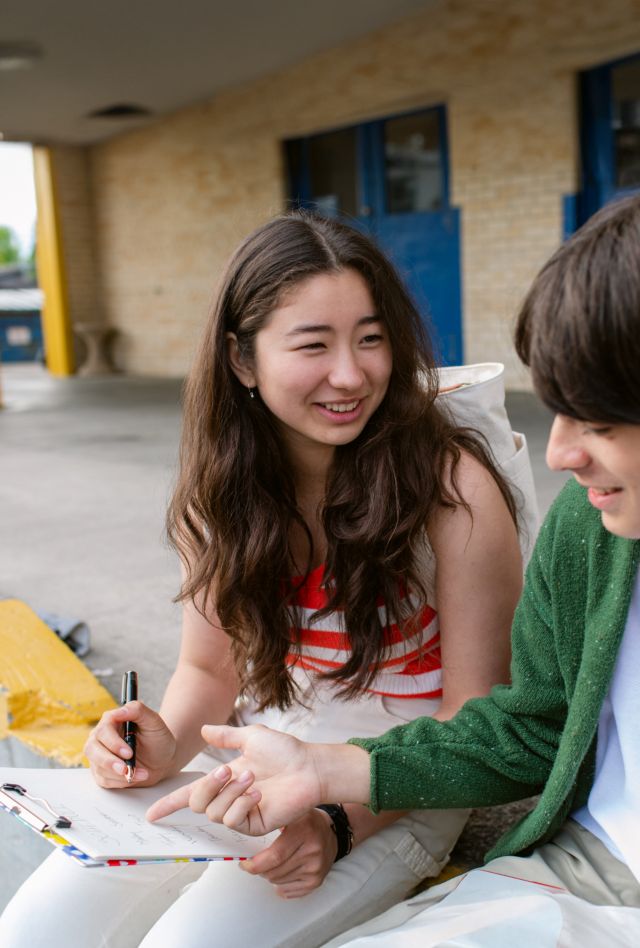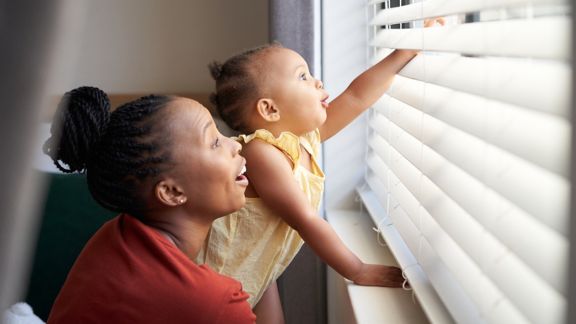Positive Adolescent Interpersonal Relationships (PAIR)

Problem
Abuse within dating relationships has consequences that undermine the health of U.S. society.
Over 60 percent of teens report some form of psychological adolescent relationship abuse (ARA), and one in five report physical and/or sexual ARA in a dating relationship. Adolescents who experience ARA are more likely to face challenges in school, experience mental and physical health problems, and be involved in intimate partner violence as adults.
Support for healthy relationships can come from many sources. Individual, relational, community, and social factors can be leveraged to support positive adolescent development and interpersonal relationships. Parent, sibling, and peer relationships can model or foster emotional growth and resilience. And community and social norms may be strengthened through educational campaigns.
Solution
NORC is connecting with a range of partners to build a national cohort of adolescents.
Positive Adolescent Interpersonal Relationships (PAIR) is a community-based National Survey on Teen Relationships and Intimate Violence (STRiV) study that presents the opportunity to work with youth and not-for-profit groups to recruit larger samples of youth. PAIR data will be analyzed for the purpose of working with practitioners and community-based organizations to improve recognition, empathy, and action in support of thriving youth relationships.
NORC is conducting the study in partnership with:
- YMCA of the USA
- Boys and Girls Clubs of America
- Advocates for Youth
- The Trevor Project
- Texas Council on Family Violence
Result
Our findings will provide an empirical understanding of the nature and effects over time of unhealthy relationships.
PAIR data will be a valuable resource for policymakers, service providers, the justice system, and other researchers to support healthier relationships among American youth.
About the Project
This project was supported by Award 15PNIJ-23-GG-01380-REVA, awarded by the National Institute of Justice, Office of Justice Programs, U.S. Department of Justice. The opinions, findings, and conclusions or recommendations expressed on this site are those of the author(s) and do not necessarily reflect those of the Department of Justice.
Related Tags
Project Leads
-
Elizabeth Mumford
Senior FellowPrincipal Investigator -
Michelle Johns
Senior Research ScientistCo-Principal Investigator -
Chandria Jones
Principal Research ScientistCo-Investigator -
Caroline Lancaster
Research MethodologistCo-Investigator










